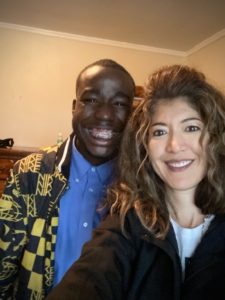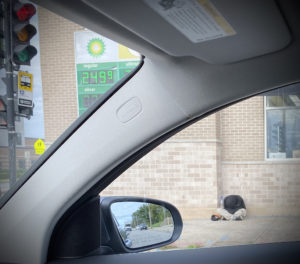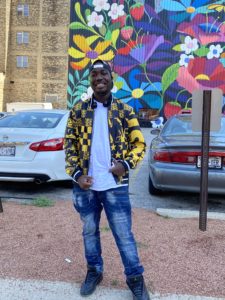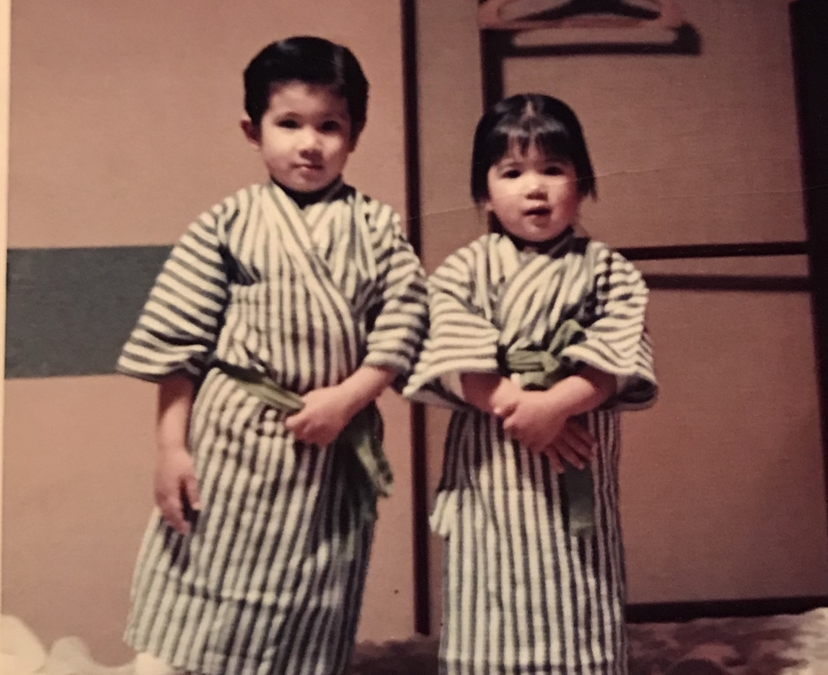“I thought she was going to be brown-skinned.”
This is isn’t the first time I’ve had this sentiment directed toward me lately. When the young man we mentor introduced me to his friend, she looked a bit surprised and confused. Although we’ve been in Polo’s life for a long time, since August I’ve needed to be much more involved with him as he’s been negotiating a bit of a rough season.
Since then, he’s started calling me “moms.”

Part of this time has meant frequenting a part of Milwaukee I’ve never been to before. It’s not a place where most non-brown-skinned, middle-aged ladies like me, hang out. One day a man walked past several other vehicles at an intersection to come and ask for food at my window. When I dropped Polo off another day, a man ran over to my car and talked wildly to me about knitting and being Polo’s best friend (he wasn’t). Several weeks ago, when Polo got out of my car, a young man said with great confusion, “THAT’S your moms?”
As I drove home from seeing Polo last week, I saw a homeless man at an intersection and had a terrible thought. What if one of my children ended up like that someday? What if my son lost everything, couldn’t work, and ended up on the streets? I looked back at the man with tears in my eyes realizing that long ago, he was someone’s baby. He was someone’s son that they taught to walk, read, and ride a bike. Long ago, he was the apple of his mother’s eye. I could barely look at him I was so teary and I wondered again,
What if that was my son?

And then I realized something.
Almost eight years ago, when I read a newspaper article about a judge looking for a home for a 12-year-old orphan, I wanted to ignore it. I hoped someone else saw the article and could adopt the boy. I wished I hadn’t had read about him, not because we couldn’t adopt Polo (because of the age of our daughters), but because I couldn’t stop thinking about him. But after many months, tears, and conversations with my family, what I wrote in my journal was a single question I couldn’t reconcile:
What if he was my son?
I rarely learn things easily and faith lessons are no exception. But one of the ways the Lord’s teaching me to respond like Jesus, rather than to default to my sometimes-self-centered responses, is allowing me to see others as if they were one of my children. Learning to view, treat, and give the benefit of the doubt to people, like I would one of my family members, is a gift. It’s teaching me that this Amerasian can be “moms” to ex-cons, former drug addicts, that annoying suburban lady down the street, and people of different ethnicities and lifestyle choices, simply by seeing others as God sees them,
Beloved, deserving, worth-sacrificing-everything for, children of God.


